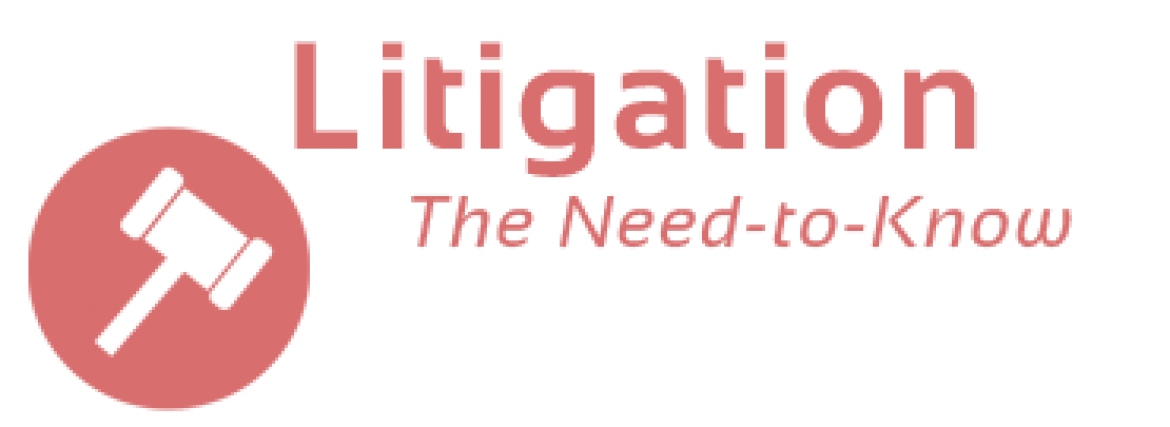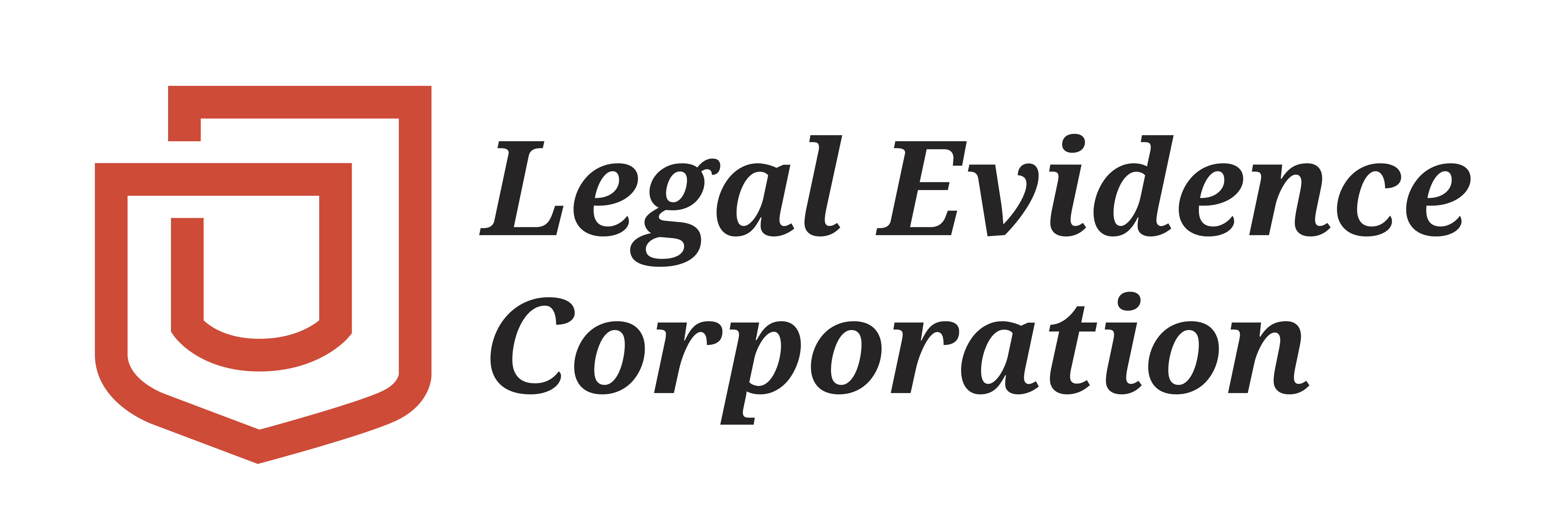Procedures to help avoid destruction of evidence
When it is inevitable that legal action will occur, a written legal hold communication should be sent to custodians of data in your office/organization. If there is no one tasked with this responsibility in your office/ organization, create a position that deals with record keeping and preservation of information such as inventory over company owned devices. Preservation helps ensure that no alteration or destruction occurs. Proper preservation may not only prevent disposal of old devices no longer in use, but it can also prevent pertinent metadata from being altered. Therefore, it may be extremely beneficial having proper procedures in place that keep records of all company-owned devices and immediately alerting custodians of pertinent data can lessen spoliation sanctions.
If on the flip side of a scenario where the opposing side has failed to preserve pertinent data, Digital Forensics Corporation can potentially retrieve ESI from devices that have experienced mechanical failures, logical failures and even physical damage such as crushing, water or fire damage. Never assume that data is unrecoverable, especially when your case is on the line.
Any imposition of spoliation sanctions can be significant. While understanding when the duty to preserve arises and the scope of what must be preserved is important, there are other actions that a company may take to avoid the imposition of sanctions for destruction of evidence. These include: offering adverse parties or likely adverse parties an opportunity to inspect any physical object in its post-accident condition; creating a photographic or video record of the evidence if it is necessary to discard or destroy physical evidence before a potential opponent has had an opportunity to inspect it; taking all reasonable steps to locate and preserve missing evidence, including tracing it to third parties; and knowing the applicable law regarding spoliation of evidence.
In certain circumstances, even the best efforts and intentions will still result in a finding that spoliation occurred. While the potential impact of such a finding cannot be ignored, remember that courts will closely scrutinize the conduct of the spoliator. Accordingly, evidence of good faith and reasonable attempts to comply with your duty to preserve, including a thorough and well-planned litigation hold sent to all custodians, including third parties like cloud service providers can afford a company with a valid and successful defense or at least reduce the severity and overall impact of the spoliation sanctions.
Ultimately, it is wise to consult the advice of experts that specialize in e-Discovery and digital forensics to ensure spoliation does not occur. Digital Forensics Corporation will assist in all aspects of e-Discovery including preservation and production of ESI. We can suggest guidelines for your office or organization to abide by, but the earlier an expert becomes involved, the more time and money may be saved, and the more favorable the final outcome may be.
More information:
http://www.drivesaversdatarecovery.com/2016/10/03/legaltech-news-deflategate-and-spoliation-4-ways-tom-bradys-suspension-might-have-been-avoided/
http://www.insidecounsel.com/2013/07/18/litigation-sanctions-for-spoliation-of-evidence





